The views expressed in our content reflect individual perspectives and do not represent the authoritative views of the Baha'i Faith.
The sword of a virtuous character and upright conduct is sharper than blades of steel. – Baha’u’llah, Epistle to the Son of the Wolf, p. 29.
Honesty, virtue, wisdom and a saintly character redound to the exaltation of man, while dishonesty, imposture, ignorance and hypocrisy lead to his abasement. By My life! Man’s distinction lieth not in ornaments or wealth, but rather in virtuous behaviour and true understanding. – Baha’u’llah, Tablets of Baha’u’llah, p. 57.
O people of God! Do not busy yourselves in your own concerns; let your thoughts be fixed upon that which will rehabilitate the fortunes of mankind and sanctify the hearts and souls of men. This can best be achieved through pure and holy deeds, through a virtuous life and a goodly behaviour. – Baha’u’llah, Tablets of Baha’u’llah, p. 86.
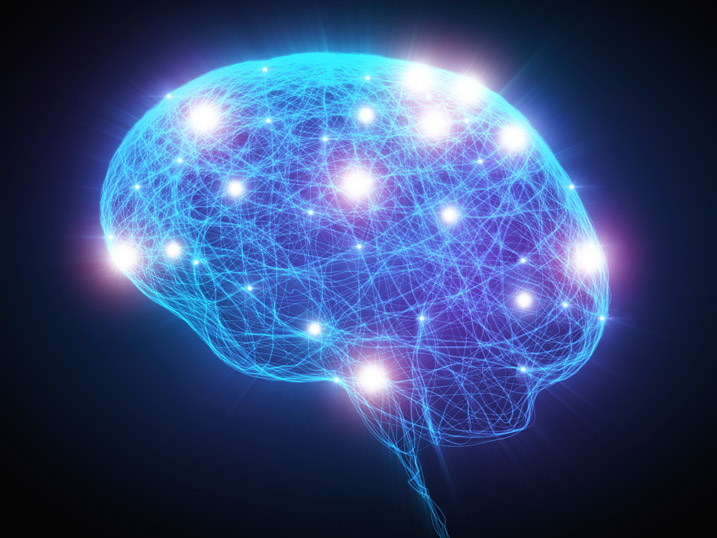 The science of psychology, for almost a century after it first developed, had a hard time thinking about and studying human virtues. The “medical model” of early psychology and psychiatry initially focused on our disorders, diseases and deficits, ignoring the positive aspects of human character. Rather than studying character and morality, much of psychology called positive traits and virtues “unconscious impulses.”
The science of psychology, for almost a century after it first developed, had a hard time thinking about and studying human virtues. The “medical model” of early psychology and psychiatry initially focused on our disorders, diseases and deficits, ignoring the positive aspects of human character. Rather than studying character and morality, much of psychology called positive traits and virtues “unconscious impulses.”
In 2004, that began to change when Peterson and Seligman published the Character Strengths and Virtues Handbook. They persuasively pointed out that “an exclusive focus on what is wrong with people can lead us to overlook what is right and precludes the possibility that one of the best ways to undo someone’s weakness is by encouraging his or her strengths.” – pp. 55-56.
This revolution in psychology has re-focused the entire field on the attributes, characteristics and virtues human beings can develop; but more importantly it has succeeded in bringing about a convergence of the most advanced thinking in the study of the human psyche and the human soul.
Positive psychology and the new spiritual teachings of the Baha’i Faith each have enormous resonance with each other, pointing out that human beings are essentially noble and have the power to reflect the most excellent of virtues. We can develop, with diligence and reflection, a healthy, stable and radiant inner reality, finding a path to the good life by consciously cultivating our spiritual virtues. Beyond just practical advice for happiness, the Baha’i teachings say, the path of attaining human virtues represents our fundamental purpose as human beings:
The purpose of the creation of man is the attainment of the supreme virtues of humanity through descent of the heavenly bestowals. – Abdu’l-Baha, The Promulgation of Universal Peace, p. 4.
This new union of psychology and spirituality has profound implications for how we live our lives. It asks us to turn inward and explore our souls, to consciously contemplate and develop our highest and happiest human characteristics and virtues, to find ways to transmute our inner reality into action in the outer world.
This passage from Baha’u’llah’s writings epitomizes that positive psychological and spiritual path:
Be generous in prosperity, and thankful in adversity. Be worthy of the trust of thy neighbor, and look upon him with a bright and friendly face. Be a treasure to the poor, an admonisher to the rich, an answerer to the cry of the needy, a preserver of the sanctity of thy pledge. Be fair in thy judgment, and guarded in thy speech. Be unjust to no man, and show all meekness to all men. Be as a lamp unto them that walk in darkness, a joy to the sorrowful, a sea for the thirsty, a haven for the distressed, an upholder and defender of the victim of oppression. Let integrity and uprightness distinguish all thine acts. Be a home for the stranger, a balm to the suffering, a tower of strength for the fugitive. Be eyes to the blind, and a guiding light unto the feet of the erring. Be an ornament to the countenance of truth, a crown to the brow of fidelity, a pillar of the temple of righteousness, a breath of life to the body of mankind, an ensign of the hosts of justice, a luminary above the horizon of virtue, a dew to the soil of the human heart, an ark on the ocean of knowledge, a sun in the heaven of bounty, a gem on the diadem of wisdom, a shining light in the firmament of thy generation, a fruit upon the tree of humility. – Baha’u’llah, Epistle to the Son of the Wolf, p. 93-94.


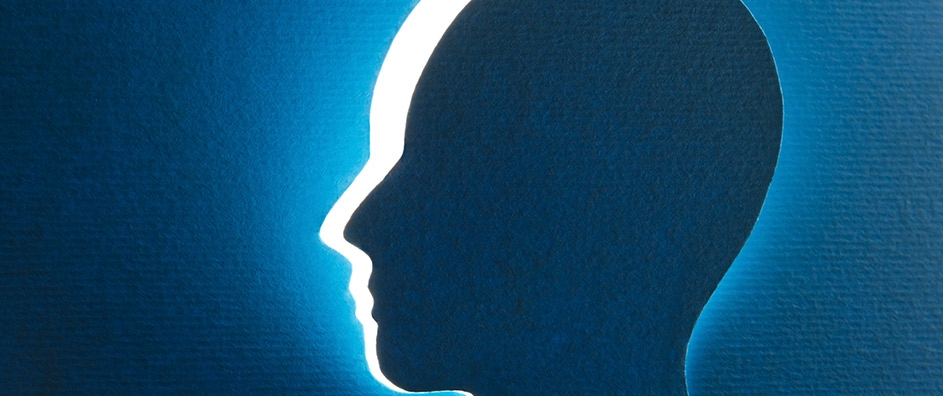

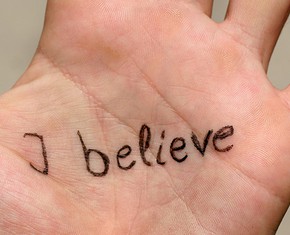
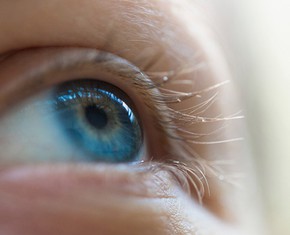
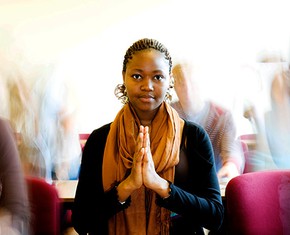









Comments
Sign in or create an account
Continue with Googleor